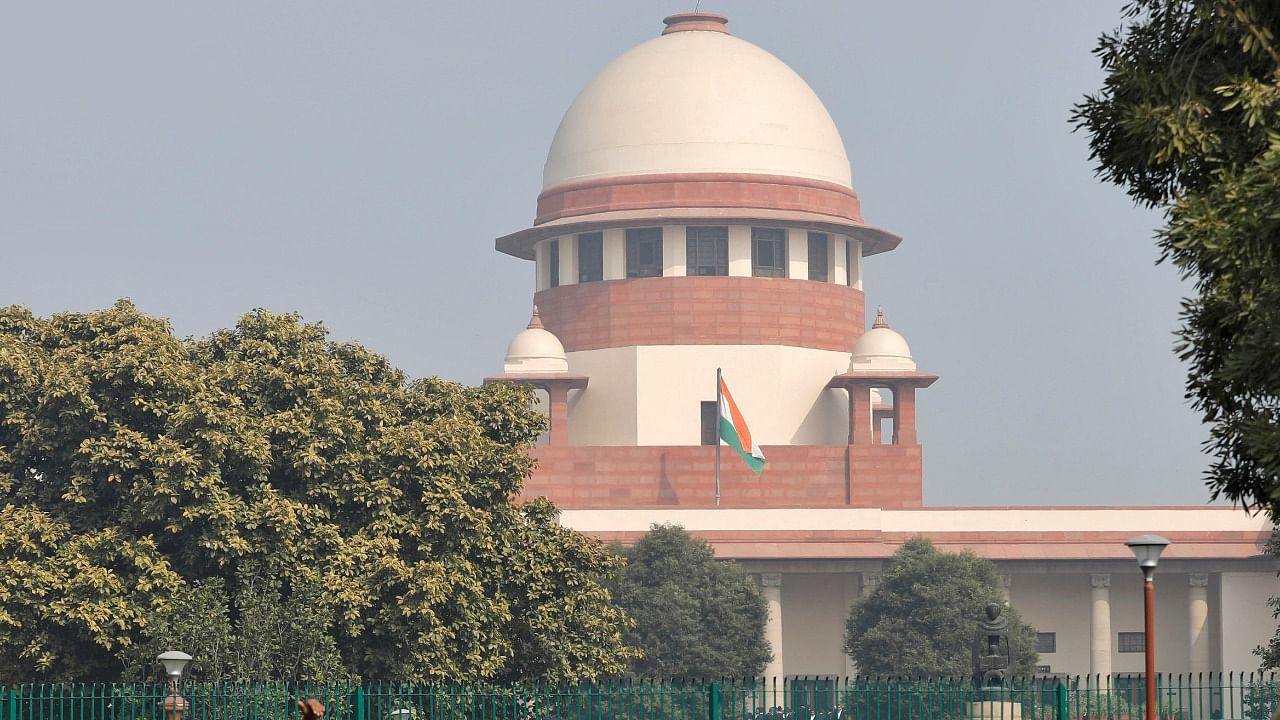
The Supreme Court has corrected a wrong by cancelling the bail granted by the Allahabad High Court to Ashish Mishra, the prime accused in the Lakhimpur Kheri violence case, in which four farmers and a journalist were killed last October. The court directed Mishra, son of Union minister Ajay Mishra Teni, to surrender within a week. The order and the observations made by the court show how such matters, which have a bearing on the enforcement of law and dispensation of justice, are handled wrongly by the police, and more importantly, even by some courts. The court pointed out that the High Court had considered several irrelevant factors and showed "a tearing hurry" in passing the bail order without giving time to the victims to oppose the plea. It also said that the High Court had ignored judicial precedents and relied heavily on the contents of the FIR to pick holes in the prosecution story. It was wrong to consider the FIR as an “encyclopedia of events’’ when the post-mortem reports differed with it and even after the charge-sheet had been filed.
From the beginning, the Lakhimpur Kheri case had been mishandled by the police, and the Supreme Court had to intervene and order a Special Investigation Team (SIT) which functioned under a former High Court judge to investigate the case. The state government’s partisanship was also clear in its dealings, and this could only have been due to political considerations. The Supreme Court asked the government why it did not appeal the judgement of the High Court which granted bail to Ashish Mishra, though the SIT had recommended it. There are well established norms about grant of bail and the court noted that the High Court ignored such precedents. It was also critical of the fact that the High Court had issued its order without giving a chance to the victims to be heard in the case. It said that the victims had unbridled participatory rights in a case from the stage of investigation to the culmination of proceedings.
There have been many cases in which those who deserved bail were denied it. There are also others like the Ashish Mishra case, in which those who did not deserve bail were granted it. In both situations, the apex court has had to reiterate the basic norms of bail jurisprudence and explain how it is an essential part of justice. In the Lakhimpur Kheri case it has done so again and struck a balance between the rights of the victims and the rights of the accused. Hopefully, it will serve as a guide for all lower courts.